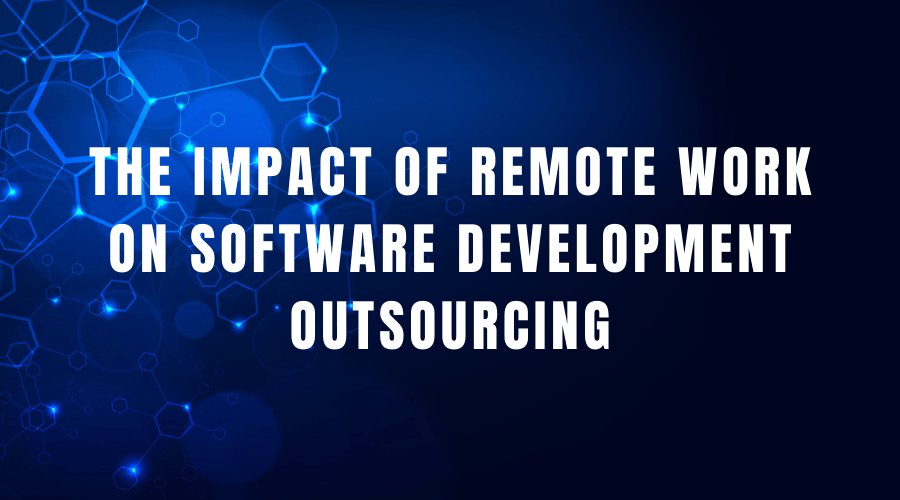The COVID-19 pandemic has forced many businesses to rapidly adapt to remote work, and the software development industry is no exception. Remote work has had a profound impact on software development outsourcing, both positive and negative, and it is worth exploring the effects of this trend on businesses.
One of the biggest benefits of remote work in software development outsourcing is increased flexibility. With remote work, businesses can access a wider pool of talent, regardless of location. This allows businesses to find the best developers and designers for their projects, regardless of where they live. This is particularly important for businesses that need to develop complex software solutions, as it can be difficult to find the right people in-house.
Another key benefit of remote work in software development outsourcing is cost savings. Remote work eliminates the need for businesses to pay for office space, equipment, and other overhead costs. This can help businesses to reduce their development costs significantly, freeing up capital for other business needs.
Remote work also helps businesses to increase efficiency. With the right tools and techniques, remote teams can work collaboratively, regardless of location. This allows businesses to complete their software development projects more quickly and effectively, without having to worry about the distractions and interruptions that can occur in a traditional office environment.
However, remote work in software development outsourcing also has its challenges. One of the biggest challenges is communication. With remote teams, it can be difficult to ensure that everyone is on the same page, which can lead to confusion, delays, and miscommunication. To mitigate this risk, businesses need to implement effective communication tools and techniques, such as video conferencing, instant messaging, and project management software.
Another challenge of remote work in software development outsourcing is accountability. With remote teams, it can be difficult to ensure that everyone is working as they should be. This can lead to delays, missed deadlines, and subpar work. To mitigate this risk, businesses need to establish clear expectations and performance metrics for their remote teams, and hold them accountable for their work.
Finally, remote work in software development outsourcing can also have an impact on team morale. With remote teams, it can be difficult to foster a sense of community and collaboration. This can lead to feelings of isolation and disconnection, which can negatively impact productivity and morale. To mitigate this risk, businesses need to implement team-building activities and virtual social events to keep their remote teams connected and engaged.
In conclusion, remote work has had a profound impact on software development outsourcing. While it offers increased flexibility, cost savings, and increased efficiency, it also presents challenges, such as communication, accountability, and team morale. To maximize the benefits of remote work and minimize the risks, businesses need to implement effective tools and techniques to ensure effective communication, accountability, and team morale. With the right approach, remote work can help businesses to complete their software development projects more quickly, effectively, and cost-effectively.
